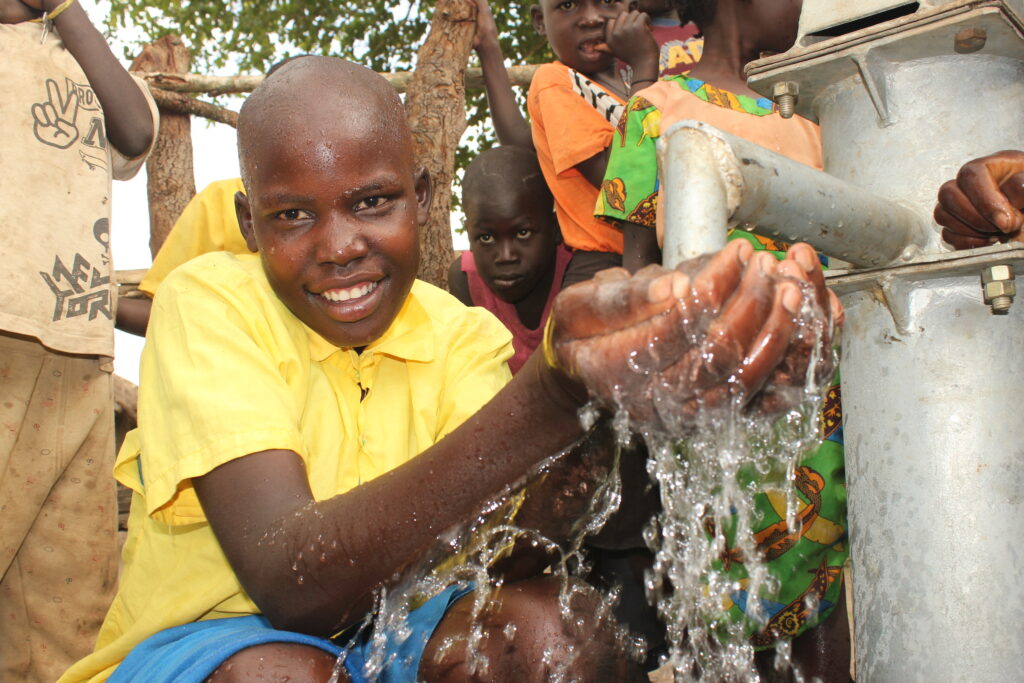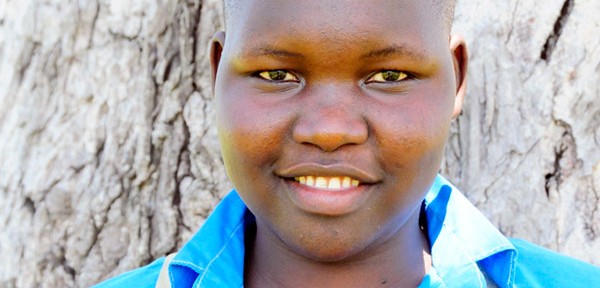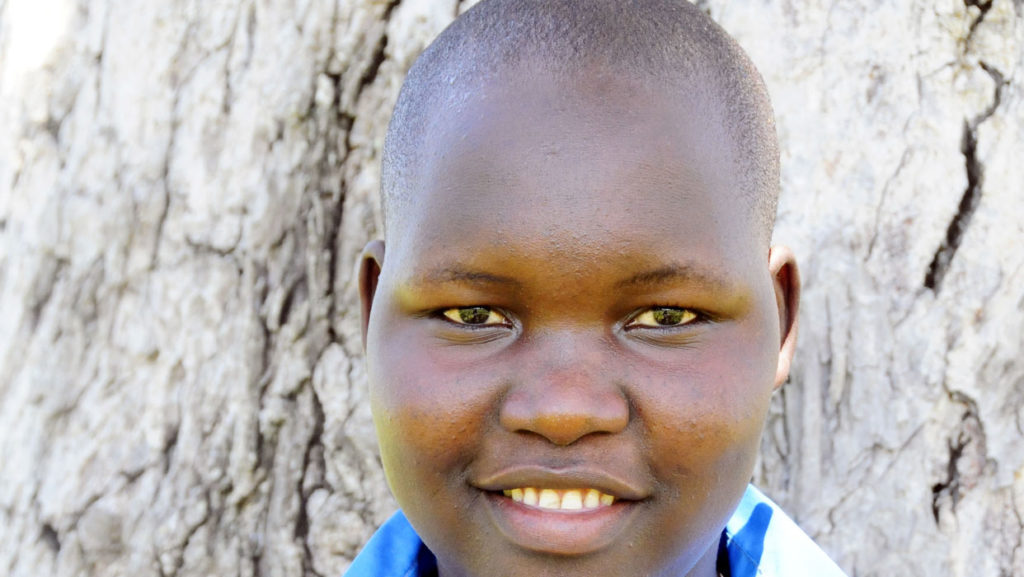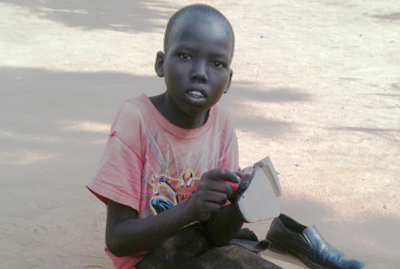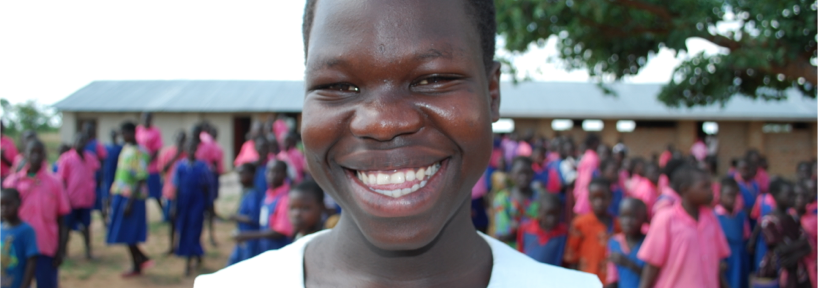Meet Kamoyi Wilson a nurse at the Naibiri Health Center II in Uganda

Even as a child Kamoyi Wilson knew what he wanted to do with his life. He wanted to help people!
His dream was to one day become a doctor, so in school he focused on science classes. “Helping the sick has always been my passion” he explains.
Unfortunately for Wilson, the fees to go to a medical school were too much for his family to afford, so instead he decided to become a nurse.
Starting work at the Naibiri Health Center II
After his graduation he started working at the Naibiri Health Center II and immediately fell in love with the work. The hours were long and exhausting, but every day he got to help people and would go to sleep each night tired but happy.
After a few months he started thinking ways he could make things better for the patients. There were two issues that continued to kept him up at night. The first was that the medical center did not always have enough medicine and when it did, it wasn’t always the best. He began to lobby for better access to medications and eventually his efforts paid off. Now the health clinic has all of the medicine it needs! With that issue solved, he turned his thoughts to the second issue – access to clean water.
The Water Situation at Naibiri
While the facility was not entirely without water, the situation was far from ideal. They had a system that collected rainwater from their roof into a large tank. However this rainwater system had no filter and the rusty roof and dusty pipes affected both the taste and the purity.
During the rainy season and for the next few months the facility had water, but during the dry season, the situation was more desperate. With the tank dry, the only option was to walk for water. The nearest well was a long walk from the center, and coupled with the sheer volume of patients being treated each day, it began taking a toll on the staff.
The health center’s cleaner volunteered to take on the task of fetching water, but she soon realized that she was spending more time walking to and from the well than doing her job. As a result, the facility was not as clean or hygienic as it needed to be. She would also end each day exhausted. Other staff members and even patients and visitors tried to help by taking turns walking to the well, but there was never enough water.
The local authorities were sympathetic, but unable to help. Their priority had to be supplying the medicine and while they saw the importance of clean water, they just didn’t have the funds.
How it Looks Today
Drop in the Bucket were in town meeting with the local district water office and were told about the water situation at the health center. We were looking for a health center in the area and after the meeting went straight to Naibiri. As soon as we saw the situation, we knew we were in the right place. This was somewhere that could really use our help.
We commissioned a hydro-geological survey and found a location that was likely to support a well. The drilling itself was fairly straightforward and within a day we drilled down 50 meters to hit water. The test results were great! This water was clean and free of impurities or contaminants.
The Naibiri health center now has clean water and everything has changed! Wilson couldn’t be happier and the staff are beyond grateful for his persistent lobbying.
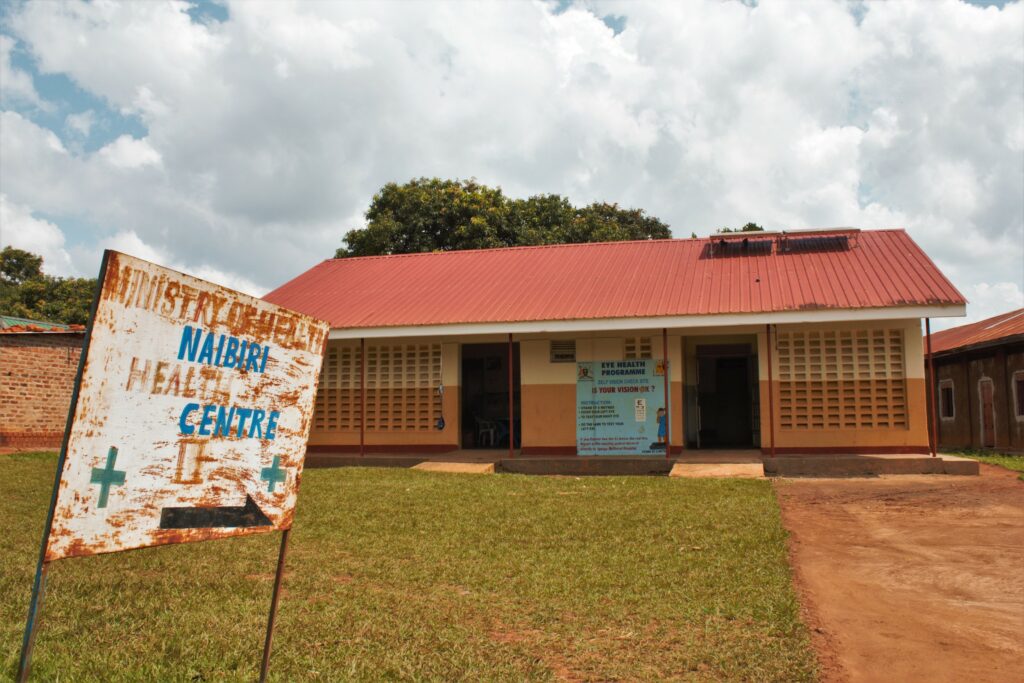
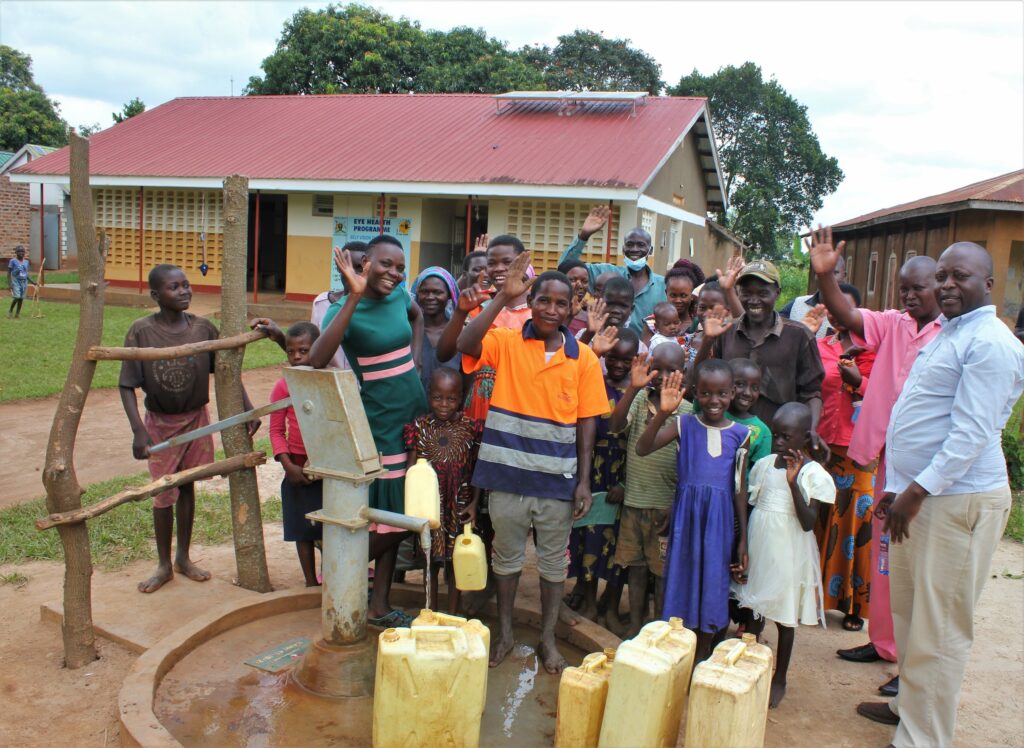

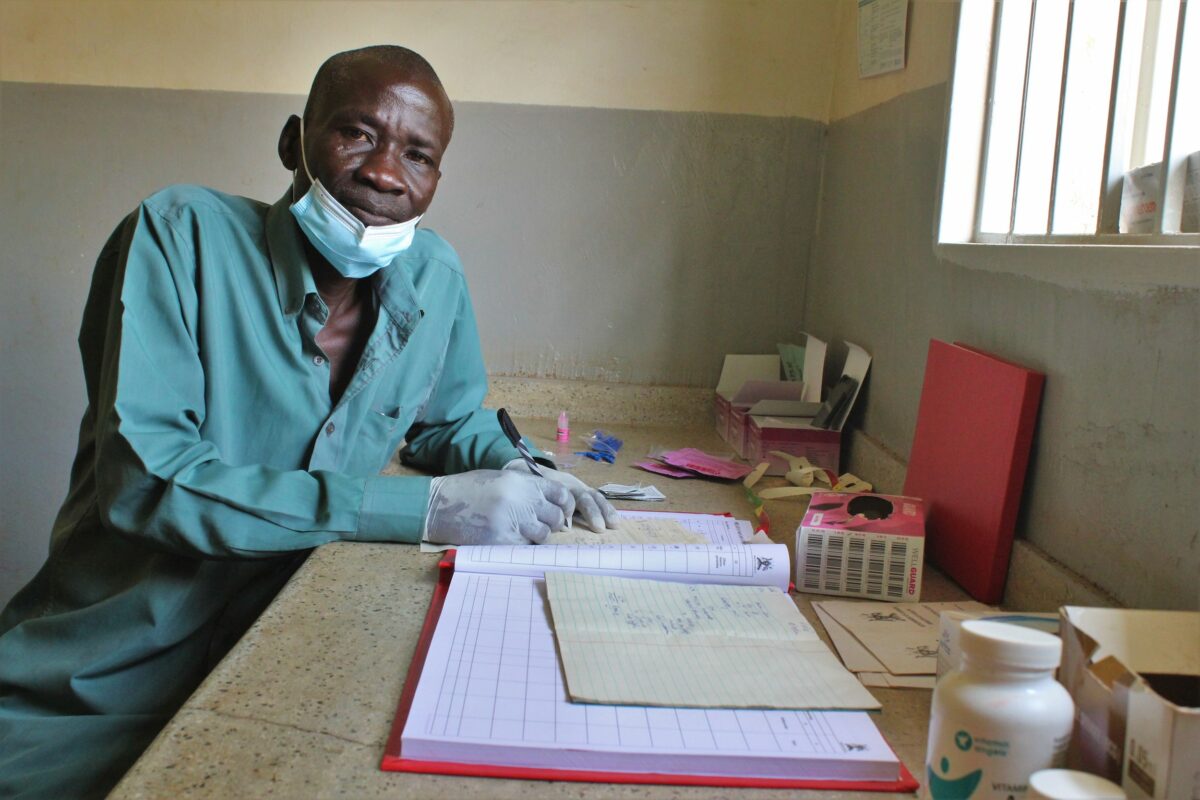
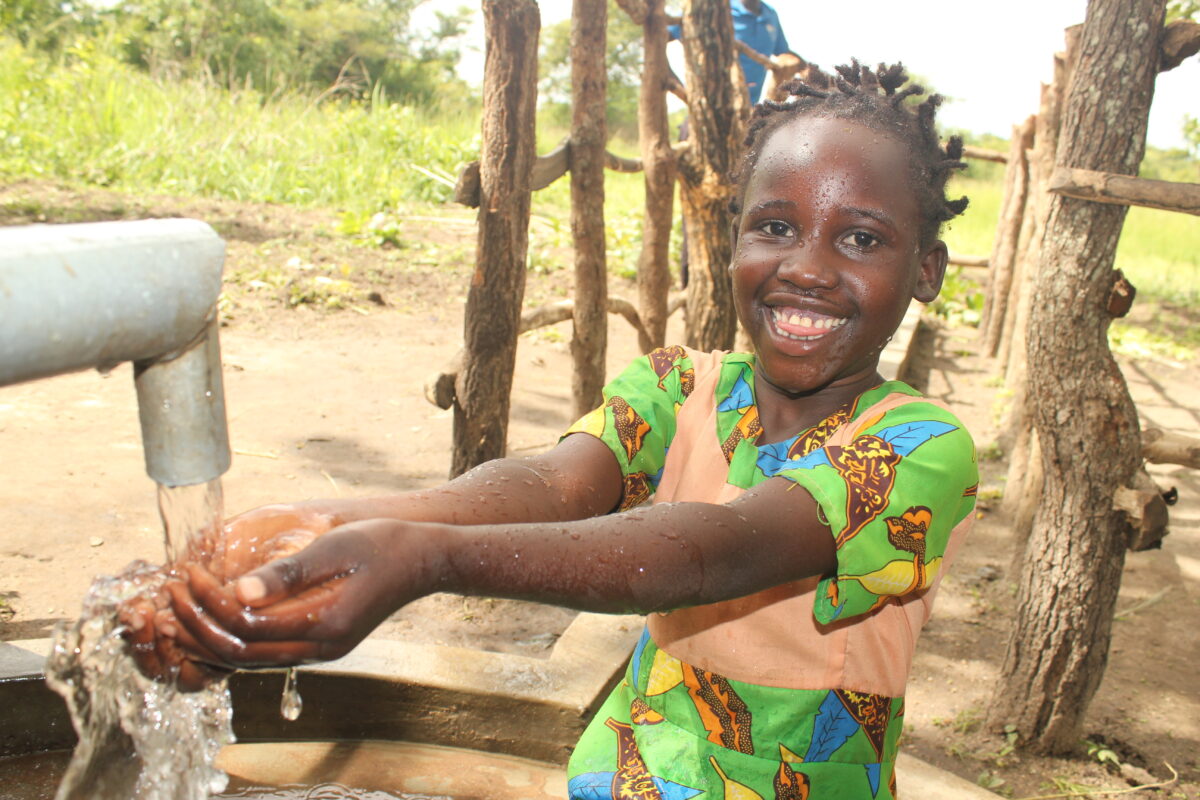
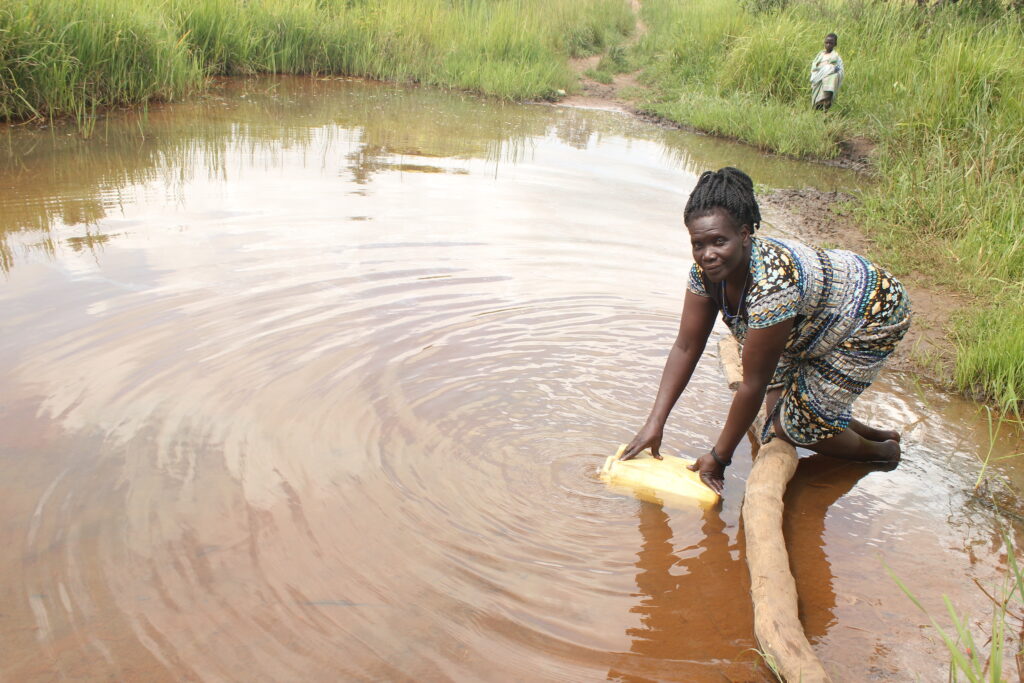 The pond water was muddy and stagnant. Definitely not water most people would even consider drinking, but for people of Laminogwiri, it was the only option.
The pond water was muddy and stagnant. Definitely not water most people would even consider drinking, but for people of Laminogwiri, it was the only option.